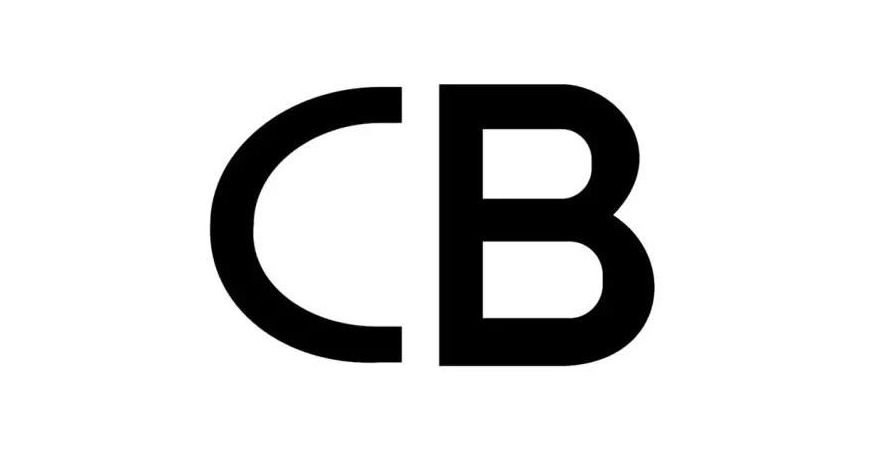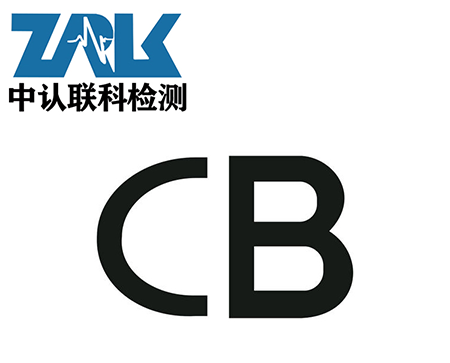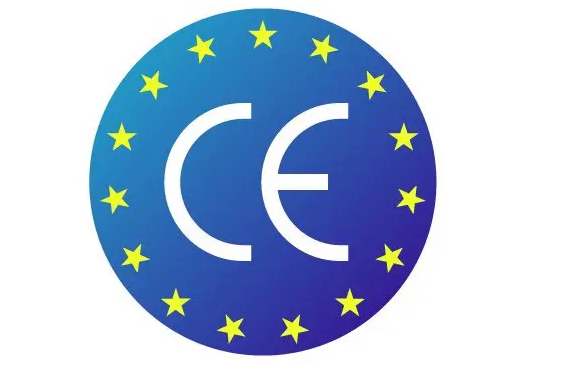In today's rapidly developing era of technology, many products around us cannot do without the support of batteries, especially some portable electronic products and electric vehicles. As a high-performance and lightweight new type of battery, polymer batteries are increasingly popular in the market due to their unique advantages. However, the safety and reliability of polymer batteries cannot be ignored, and CB certification is to ensure the quality and performance of such batteries. The following will discuss the definition, importance, process, and benefits of CB certification.
What is CB certification?
CB certification refers to an international certification system of the International Electrotechnical Commission (IEC), namely the IEC System for Conformity Testing and Certification of Electrical Equipment and Components (CB Scheme). It is jointly initiated by authoritative certification bodies recognized by countries around the world, aiming to promote international trade, eliminate technological trade barriers, and improve product safety and performance stability. For power and electronic products, CB certification can prove their compliance with international standards and gain wider recognition and trust.

The importance of CB certification
Improving product quality assurance: CB certification strictly follows international standards, ensuring the safety and reliability of products under various conditions through review and testing of product design, material selection, production processes, and other aspects. For polymer batteries, products certified by CB have higher quality assurance and can effectively reduce the risk of quality problems.
Enhancing market competitiveness: In international trade, CB certification is a necessary passport for many countries to enter the market. Polymer batteries with CB certification can not only enter developed markets such as Europe and America, but also enhance their competitiveness in the global market. Consumers are more inclined to purchase products that have passed authoritative certification, as this represents a dual guarantee of product safety and reliability.
Compliance with legal and regulatory requirements: With the increasing strictness of international trade and market regulation, many countries and regions have put forward strict legal and regulatory requirements for the safety and quality of imported products. Polymer batteries with CB certification can easily pass import inspections and market access requirements in various countries, avoiding export barriers and legal risks caused by certification issues.
The process of CB certification
The process of CB certification mainly includes the following key steps:
Application stage: The enterprise submits an application to the certification body, providing detailed product information, technical data, and relevant documents of the production and manufacturing process.
Review and evaluation: The certification body will review and evaluate the application materials, including the review of whether the product design, material selection, and production process comply with IEC standards.
Testing and verification: The certification agency will conduct sample testing on the product, which usually includes safety performance, electrical characteristics, voltage resistance testing, etc. The test results must meet the requirements of IEC standards.
Certification and supervision: After passing the test, the certification body will issue a CB certificate and conduct regular supervision and sampling inspections on the product to ensure that it continues to meet the certification standards.

The benefits of CB certification
Enhancing consumer trust: Polymer batteries with CB certification represent a commitment to product safety and quality, and consumers are more willing to choose these certified products.
Expand international markets; CB certification provides convenience for the sales of polymer batteries in the global market, helping enterprises enter developed markets such as Europe and America more quickly.
Reduce quality risks and costs; Through CB certification, enterprises can standardize management during the production process, reduce after-sales costs and market reputation losses caused by quality issues.
CB certification is not only an effective passport for polymer batteries to enter the international market, but also an important guarantee for enterprises to improve product quality and enhance market competitiveness. Through rigorous auditing, evaluation, and testing verification, CB certification provides consumers and the market with safe and reliable product choices, helping enterprises achieve greater market share and commercial success on a global scale. I hope that enterprises can fully recognize the importance of CB certification, actively apply for and comply with relevant international standards and regulations, and jointly promote the improvement of product quality and industry development.












